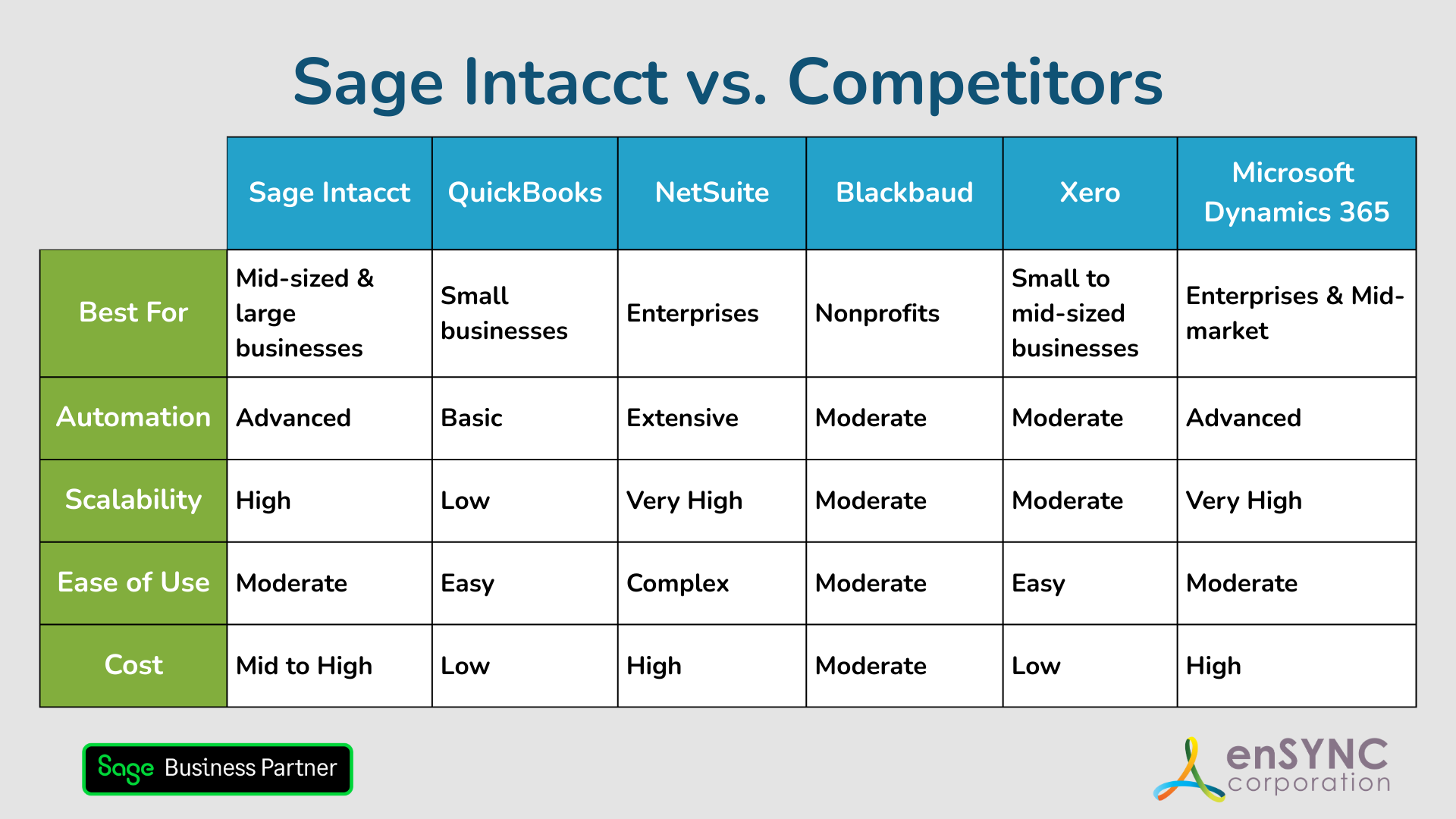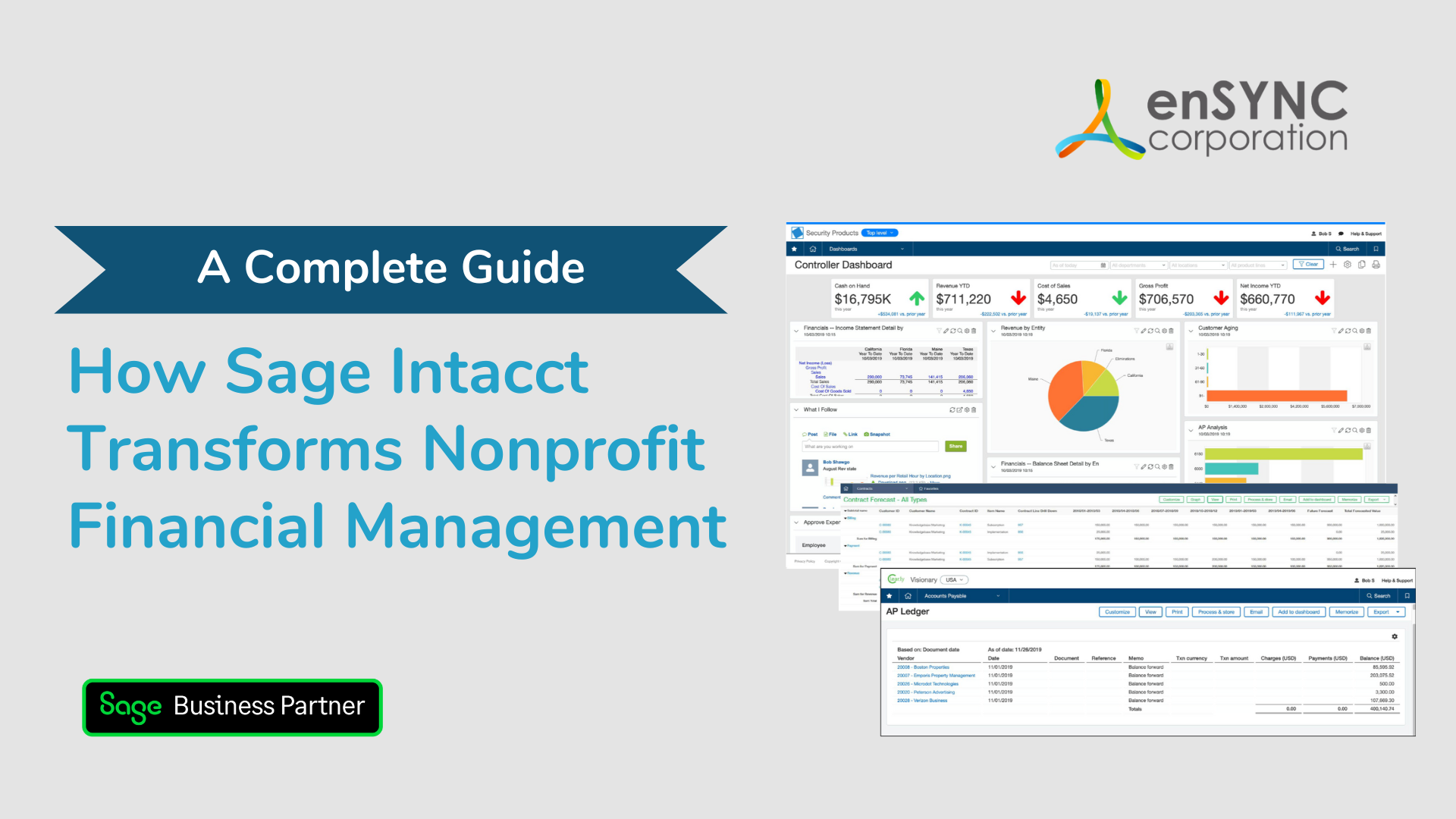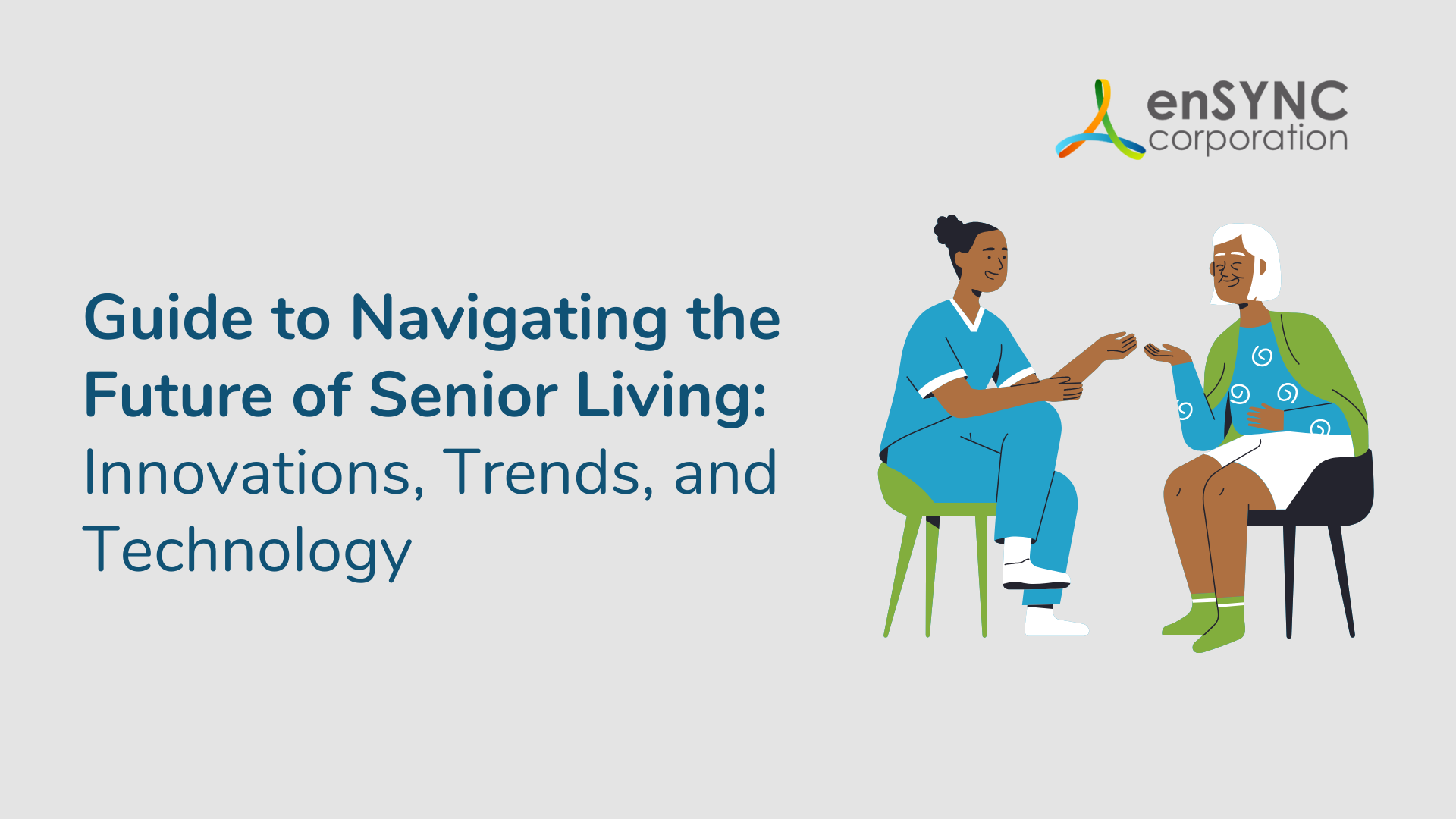Strategy & planning | Industry insights | Nonprofits & associations
7 Tips For Associations From The Best Nonprofit Consultants
September 19, 2019
|
When a nonprofit hires a consultant, they get a lot of advice to wade through. We work exclusively with nonprofits, and we have collected a lot of that advice. As we have talked with expert consultants and experienced nonprofit administrators, we have put together a list of some of the most important advice that nonprofit consultants regularly give to their clients.
1. Don't neglect technology.
All over the country, there is so much work to be done at each and every nonprofit association. Sometimes it seems that the one thing that all nonprofits have in common is that there is never enough time to get everything done. Unfortunately, that leads organizations to push some things to the back burner that don’t belong there.
Technology is one of those things. When other tasks seem more pressing and urgent, it can be difficult to find the time to do the research on search engine optimization (SEO), trends in social media and online marketing, and keeping your web presence updated and current.
But look at what Wayne Elsey of Elsey Enterprises says:
“We live in the digital era. There are no excuses for not being somewhat informed or doing your homework. Look, I’m not a ‘techie’ and much more prefer to pick up the telephone or have a face-to-face meeting, but I do my homework on SEO and the trends in digital marketing, for instance.”
“A nonprofit leader has to get the expertise. It doesn’t mean he or she has to know all of the back-end technology, but the leader must understand how big data and technology work at a strategic level and how it impacts every area of their operation: marketing, fundraising, programs, etc.”
Don’t keep putting off your technology needs just because there doesn’t seem to be enough time. This stuff is important, and ignoring it will cause more work for you in the future.
2. When it comes to fundraising or community engagement, balance your appeals.
When you think about fundraising and engagement, what do your appeals to donors and supporters make them feel? Of course, you want them to feel motivated to give and support your organization, but is that it? Think about your most recent fundraising appeal. To quote the rockstar of the decluttering world Marie Kondo here, “Does it spark joy?”
If your appeals only spark urgency or negative emotions like sadness or fear, you are going to wear out your supporters. If they are dry and full of emotionless facts, they will bore your supporters. Whether it be general fundraising, capital campaigns, or a special project, balance your appeals with a variety of purposes, and make sure that at least some of your content sparks joy.
Guidestar’s advice about fundraising appeals includes this great reminder:
“The section in your appeal where you talk about your nonprofit’s founding and history. Does that give your donor joy? Sorry. Toss that out. Why? Because you’re bragging about how great the nonprofit is, not talking to your donor about her concerns and what she wants to accomplish."
Creating a joyful experience for your donors will not just make them want to continue donating, but we believe that it improves your morale, too, because you have the chance to celebrate the important work you are doing.
3. It's okay to be entertaining.
One of the ways you can spark joy is to simply be entertaining. Entertaining current donors on social media, by the way, will also bring in new followers and potential supporters!
Sometimes, associations get too serious for new members. NextThought says, “Association content should be entertaining as well as educational. Show that your organization has a welcoming personality. Think about how people watch sports and entertainment, and apply the same concepts to your learning programs.”
One of the ways you can spark joy is to simply be entertaining. Entertaining current donors on social media, by the way, will also bring in new followers and potential supporters!
4. When it comes to management, if you’re not arguing with your team, you’re doing it wrong.
This advice comes from the author of The Five Dysfunctions of a Team, Patrick Lencioni, and it may be a hard pill to swallow. Yet productive arguments among team members are exactly what your organization needs to grow. Sometimes organizations in the nonprofit sector are especially averse to conflict, even when respectful and constructive.
Lencioni writes, “Unfortunately, conflict is considered taboo in many situations, especially at work. And the higher you go up the management chain, the more you find people spending inordinate amounts of time and energy trying to avoid the kind of passionate debates that are essential to any great team.”
This does not mean that your work environment should be full of arguments and in-fighting. Rather, it should be a place where people feel safe enough to voice their strong opinions and defend their ideas, as well as constructively criticize the ideas of others.
The decisions your team makes should only be final once they have been vigorously debated and analyzed by everyone involved.
5. You should run a nonprofit like you run a for-profit... startup.
Nonprofits should treat their organization like a for-profit startup. We obviously don’t mean that you need to only think of yourself as a product that should be sold, but you should definitely keep in mind how for-profit startups run in order to make yourself successful.
Jason William Johnson of the Chicago Urban League explains this when he says, “First, NPOs should conduct research to understand their clients' problems.”
“Second, they should develop an MVP, and test and iterate it until they find product-market fit. Once they achieve product-market fit, NPOs should then pitch their programming to foundations and corporations interested in the problem they are solving.”
6. You should be mission-driven... but the mission should be sustainable.
Building on the last piece of advice, Naomi Maisel of First Step Staffing explains, “We've taken the existing financial model of a temporary staffing agency and made it work for our mission, using our position as employer to give opportunities to those with barriers to employment (i.e. homelessness, criminal background, veterans, etc.).”
“By making the mission itself profitable, we ensure its long-term sustainability and reduce our dependence on philanthropy.”
Profitability is an important concept, even for NPOs. That is because the more profitable your programming is, the more you can do to support the communities you serve. Long-term sustainability should be one of your biggest goals, and consultants like Maisel understand that thinking like a for-profit business can help you get there.
7. Work to build partnerships as much as you work to build your base.
As you concentrate on building relationships with your donors and supporters, don’t forget to build partnerships with other organizations, too. Don’t overlook the importance of networking, communicating, and working with organizations that are doing similar work, or working with a similar community.
George Tsiatis of the Resolution Project emphasizes the importance of this:
“We partner with as many organizations as possible to build off their strengths and address our relative areas of weakness, and vice versa.”
“We utilize win-win partnerships to share or avoid costs, while contributing to the vibrancy of the social ecosystem. This can lead to cost-saving resource-sharing around marketing and communications, talent pipelines, and even physical office space.”
Nonprofit consulting firms
There is a lot of advice out there for nonprofits, including from these great consultants. Your technology needs, however, should be addressed by people who understand two important things: the needs of nonprofit organizations and the ways that technology can support nonprofits in their goals.
enSYNC is unique as a nonprofit technology resource because we find tech solutions that make your job running an organization easier! We offer consultation services and implementation. Find out more by contacting us today.
Recent Posts

Sage Intacct vs. Competitors: Finding the Best Accounting Solution for Your Nonprofit
Choosing the right accounting software is a critical step for any organization — and a deeply personal one, too. How to choose the accounting...

How Sage Intacct Transforms Nonprofit Financial Management: A Complete Guide
Staying on top of financial management is crucial for all businesses, especially nonprofits. Nonprofits often have limited resources and handle...
Enjoying our blog?
At enSYNC, we want to empower associations and nonprofits to make well-educated decisions. If you want our industry knowledge (and other free guides) sent directly to your inbox, fill out the form below.


